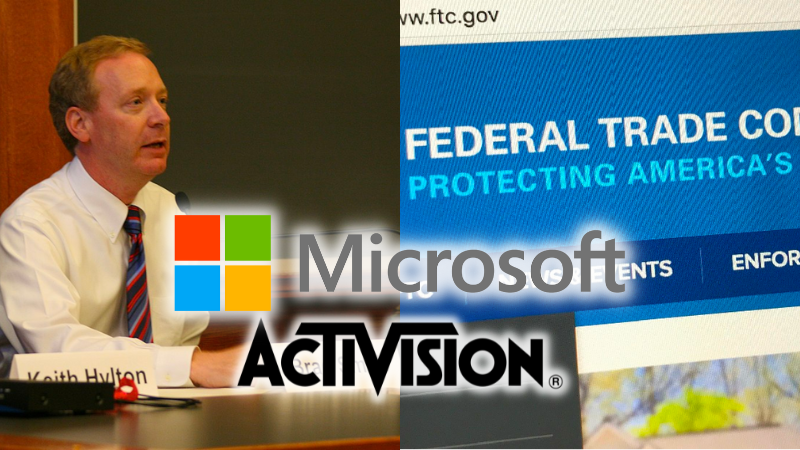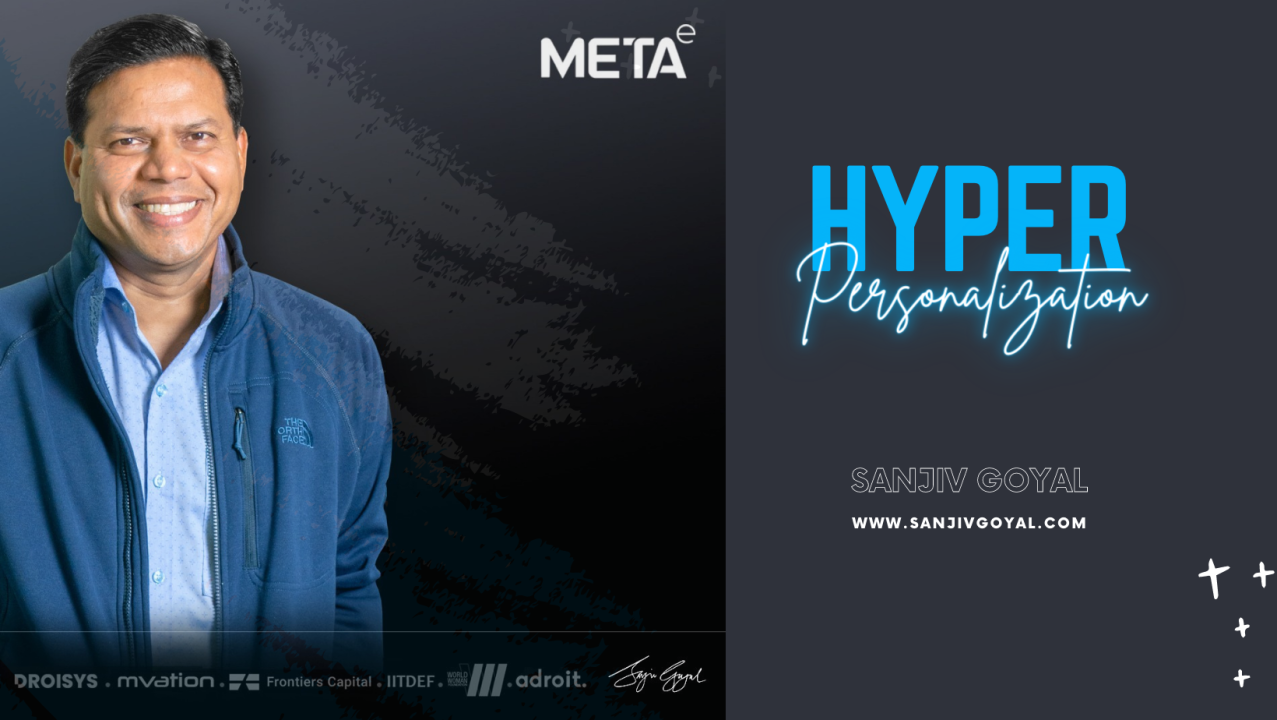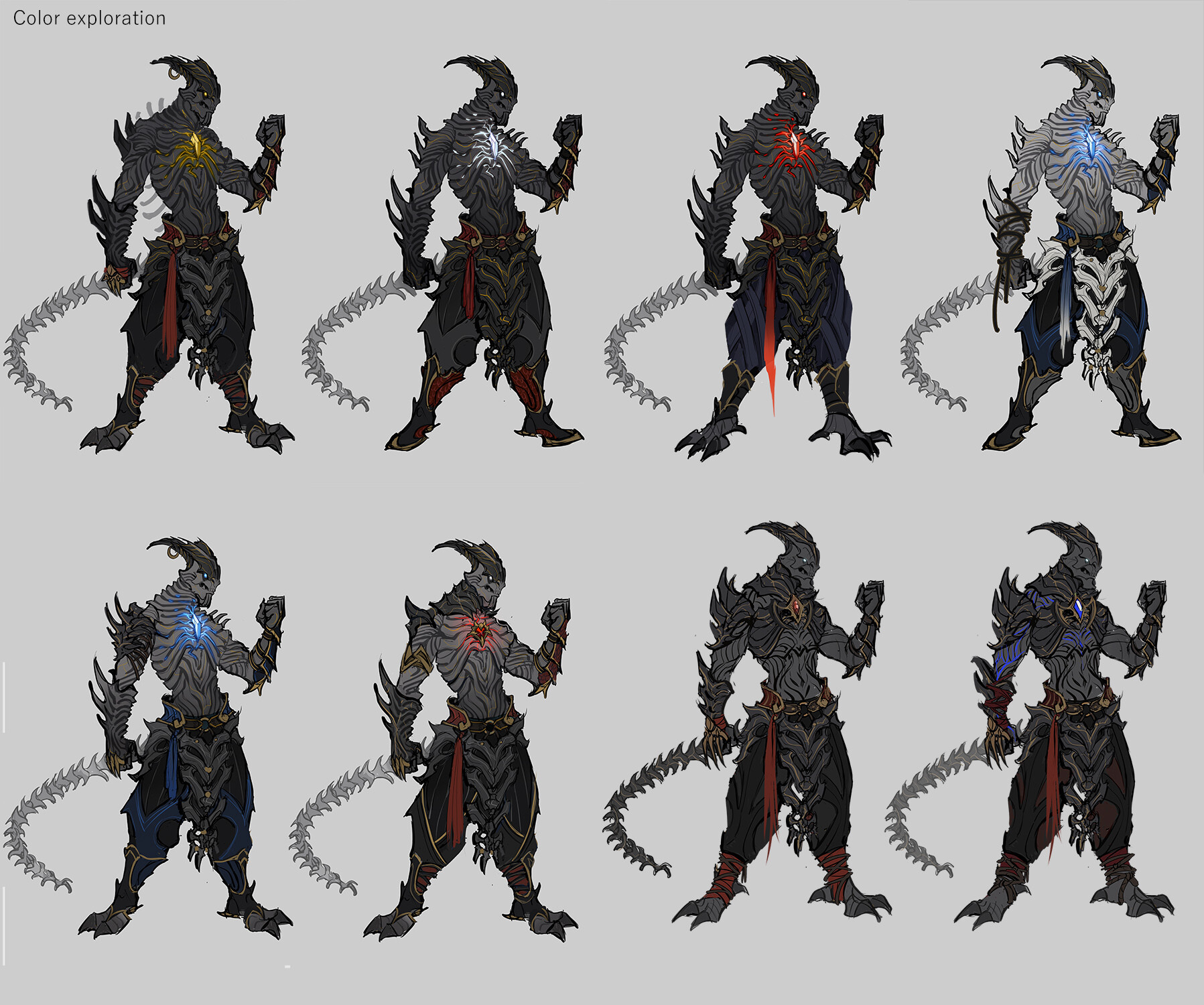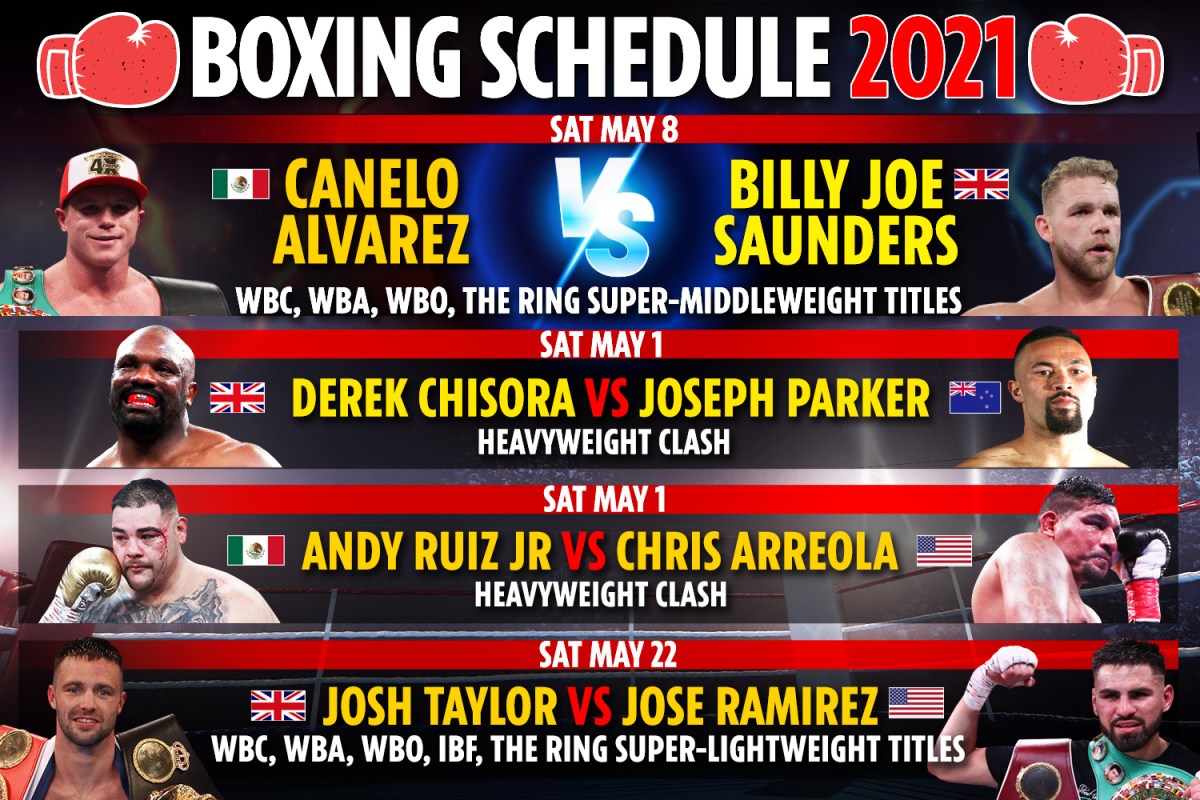FTC To Appeal Activision Blizzard Acquisition Decision

Table of Contents
The FTC's Arguments Against the Merger
The FTC’s core argument rests on concerns about diminished competition and potential market dominance. They believe that allowing Microsoft to acquire Activision Blizzard would significantly reduce competition in several key areas:
-
Reduced Competition in the Gaming Console Market: The FTC argues that Microsoft, already a major player with its Xbox consoles, could leverage its ownership of Activision Blizzard's popular franchises, particularly Call of Duty, to unfairly stifle competition from Sony's PlayStation and Nintendo's Switch. This could lead to exclusive titles, higher prices, or reduced innovation in the console market.
-
Unfair Competitive Advantage through Call of Duty and Other Titles: The FTC highlights Call of Duty's immense popularity as a key concern. They contend that Microsoft could make Call of Duty exclusive to Xbox, or offer significantly inferior versions on competing platforms, thereby hindering rivals and harming consumers. This strategy, the FTC argues, could extend to other Activision Blizzard titles, further solidifying Microsoft's dominance.
-
Harm to Consumers through Higher Prices or Reduced Innovation: By reducing competition, the FTC believes the merger could lead to higher prices for games, less innovation, and ultimately, a less desirable experience for gamers. The absence of competitive pressure could stifle the development of new gaming technologies and features.
-
The Impact on Cloud Gaming Services: The rapid growth of cloud gaming services represents another area of concern. The FTC worries that Microsoft could leverage Activision Blizzard's titles to gain a decisive advantage in the cloud gaming market, potentially excluding competitors and limiting consumer choices. The FTC’s argument relies heavily on the application of relevant antitrust laws designed to prevent monopolies and protect competition.
Microsoft's Counterarguments and Defense Strategy
Microsoft has vigorously defended the acquisition, arguing that it benefits gamers and promotes competition, not harms it. Their counterarguments include:
-
Commitment to Continued Call of Duty Availability: Microsoft has pledged to continue releasing Call of Duty on PlayStation, even making long-term contractual agreements to maintain its presence on the platform. This commitment aims to directly address the FTC's concerns about exclusivity.
-
Expansion of Game Pass: Microsoft has highlighted the potential benefits of integrating Activision Blizzard's games into its Game Pass subscription service. They argue this would increase accessibility and affordability for gamers, expanding the overall market rather than restricting it.
-
Focus on Industry Growth: Microsoft's defense centers on the idea that the merger would foster innovation and create a more dynamic gaming environment. They argue their combined resources and expertise can lead to even better games and services for consumers.
-
Legal Precedents: Microsoft’s legal team is likely to draw on past precedents in merger cases to support their arguments, emphasizing the benefits of consolidation and the absence of anti-competitive practices.
Potential Outcomes of the FTC Appeal
The FTC's appeal carries several potential outcomes:
-
FTC Victory: Blocking the Acquisition: If the FTC's appeal is successful, the acquisition would be blocked, leaving Activision Blizzard independent and potentially opening the door for other suitors. This outcome could send a strong message about regulatory scrutiny of large tech mergers.
-
FTC Defeat: Allowing the Acquisition to Proceed: A loss for the FTC would allow the merger to go ahead as planned, potentially reshaping the gaming landscape significantly. This could lead to a period of consolidation and increased Microsoft dominance.
-
Settlement or Compromise: A settlement or compromise between the FTC and Microsoft remains a possibility. This could involve Microsoft making further concessions, such as stricter commitments regarding Call of Duty availability or cloud gaming practices, to satisfy the FTC's concerns. The timeline for a decision remains unclear, but the next steps will likely involve extensive legal proceedings. The financial implications for Microsoft are significant, with the potential for billions of dollars lost if the deal is blocked.
Broader Implications for the Gaming Industry
The outcome of this legal battle will have far-reaching consequences for the entire gaming industry:
-
Impact on Future Mergers and Acquisitions: This case will set a precedent for future mergers and acquisitions in the tech sector, influencing how regulators approach deals involving significant market players. It could lead to increased regulatory scrutiny and a more challenging environment for future consolidations.
-
Potential Shifts in Regulatory Oversight of the Gaming Industry: The FTC's actions indicate a growing focus on regulatory oversight in the gaming industry. This case could signal a stricter approach to antitrust enforcement, leading to more robust regulatory frameworks in the future.
-
Implications for Game Developers and Publishers: The outcome will greatly influence the strategies and opportunities for game developers and publishers, impacting their ability to compete and negotiate deals with major players like Microsoft.
-
Long-Term Effects on Consumer Choice and Pricing: The long-term effects on consumers will depend on the outcome, potentially impacting their access to games, the prices they pay, and the overall quality of the gaming experience. Industry analysts are closely monitoring the situation and offering various predictions about the potential effects.
Conclusion: The Future of the Activision Blizzard Acquisition and FTC Enforcement
The FTC’s appeal in the Activision Blizzard merger appeal marks a pivotal moment for the gaming industry. The core arguments hinge on the FTC's concerns about reduced competition and Microsoft’s potential for market dominance, countered by Microsoft's commitments to maintaining Call of Duty availability across platforms. The potential outcomes – a blocked acquisition, a successful merger, or a compromise – each carry substantial implications for the industry's future, impacting everything from pricing and innovation to regulatory oversight. To stay informed about the ongoing FTC vs. Microsoft gaming acquisition and the future of the Activision Blizzard deal, follow reputable news sources and legal updates. The resolution of this case will undeniably shape the future of gaming for years to come.

Featured Posts
-
 Shane Lowrys Reaction To Rory Mc Ilroys Masters Win
May 11, 2025
Shane Lowrys Reaction To Rory Mc Ilroys Masters Win
May 11, 2025 -
 Scenes De Menages Gerard Hernandez Parle De Son Association Avec Chantal Ladesou
May 11, 2025
Scenes De Menages Gerard Hernandez Parle De Son Association Avec Chantal Ladesou
May 11, 2025 -
 Sir Bradley Wiggins Post Retirement Struggles Addiction Bankruptcy And Recovery
May 11, 2025
Sir Bradley Wiggins Post Retirement Struggles Addiction Bankruptcy And Recovery
May 11, 2025 -
 Fun In The Air Booking Flights For Unforgettable Experiences
May 11, 2025
Fun In The Air Booking Flights For Unforgettable Experiences
May 11, 2025 -
 Ufcs Shevchenko Debuts Custom Dragon Themed Fighting Gear
May 11, 2025
Ufcs Shevchenko Debuts Custom Dragon Themed Fighting Gear
May 11, 2025
Latest Posts
-
 Mma Torch Presents 3 Unmissable Mma Fights 5 10 And 25 Minutes
May 12, 2025
Mma Torch Presents 3 Unmissable Mma Fights 5 10 And 25 Minutes
May 12, 2025 -
 Jose Aldo De La Defaite A La Victoire Une Lecon D Adaptation
May 12, 2025
Jose Aldo De La Defaite A La Victoire Une Lecon D Adaptation
May 12, 2025 -
 Mauricio Ruffys Spinning Kick Ufc 313 Ko Masterclass
May 12, 2025
Mauricio Ruffys Spinning Kick Ufc 313 Ko Masterclass
May 12, 2025 -
 3 Epic Mma Fights To Watch 5 10 And 25 Minute Battles
May 12, 2025
3 Epic Mma Fights To Watch 5 10 And 25 Minute Battles
May 12, 2025 -
 Le Parcours Inspirant De Jose Aldo Resilience Et Adaptation
May 12, 2025
Le Parcours Inspirant De Jose Aldo Resilience Et Adaptation
May 12, 2025
